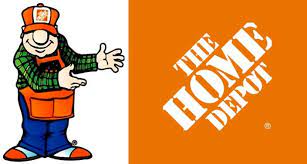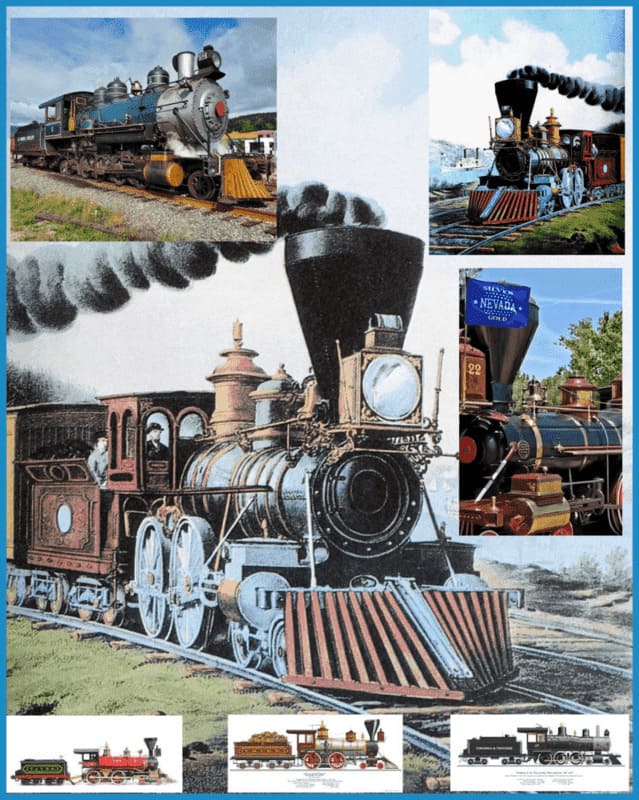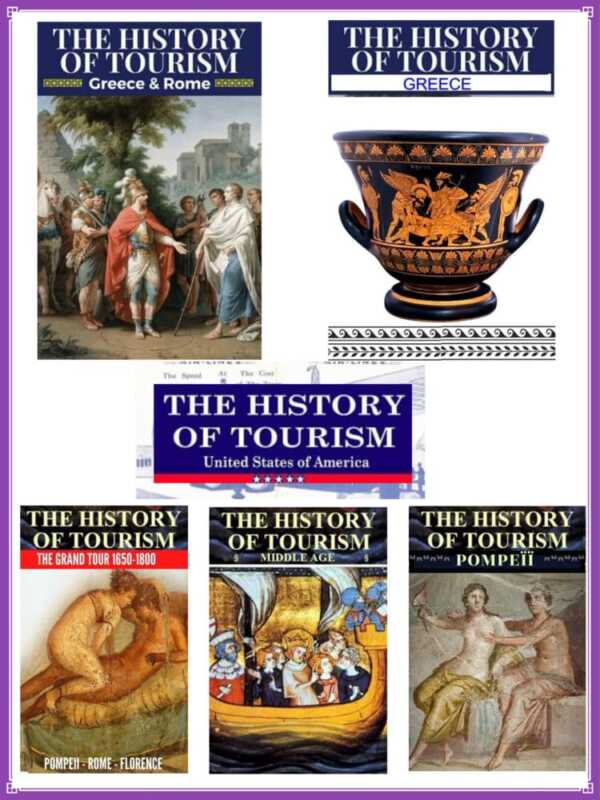North America By Anthony Trollope
An American traveling in England was in a first class railway compartment with two Englishmen. He lighted a cigar, and one of his companions said to him, ‘I beg your pardon, but perhaps you have not noticed that there is a no smoking slip pasted on the window.
‘Oh, is there?’ said the American, and kept on smoking.
Presently the Englishman said, ‘Apparently you are not aware that in this country a fine is laid on persons who smoke in cars marked non-smoking. ‘Oh, is there?” said the American, and kept on smoking. After a pause the Englishman, now angry, said, ‘See here!
We are coming to a station and I’m going to call the guard and
have you put out.”
‘Oh, are you?’ said the American, and kept on smoking. The train did stop presently and before the Englishman could do anything the American went to the door, let down the window and beckoned to the guard, ‘Guard, there’s a man in here, pointing to the English spokesman, ‘who is traveling first-class on a third-class ticket.”
‘Will you please let me see your ticket?’ said the guard to the Englishman, and, sure enough, his was a third-class ticket and he had to get out, hoist with his own petard.
The train went on. Presently the remaining Englishman said to the American, ‘Pardon me, but I have a great curiosity to know how you knew that our neighbor was traveling on a third-class ticket.”
color as mine.’
‘That’s easy,’ said the American. ‘His ticket was the same
-Rev Joseph Dunn Burrell
Train Anecdotes
A Stranger in a Stranger Land
Several hundred miles south of the New York Central’s Hudson River Valley empire was that of the Baltimore & Ohio Railroad. From Philadelphia to Baltimore, the B&O passed along the top of Chesapeake Bay and then across the Susquehanna River. On one side of the river the cars were run onto a huge ferryboat, and again run off at the other side. Such an operation would seem to be one of difficulty under any circumstances; but the Susquehanna is a tidal river, rising and falling a considerable number of feet.
The fathers of the B&O might have built a bridge, costing two or three million dollars, but in crossing the Susquehanna, the boat was so constructed that its deck was level with the line of the railroad at half tide, so that the inclined plane from the shore down to the boat, or from the shore up to the boat, never exceeded half the amount of the rise or fall.
In America everything is simpler
As the British writer Anthony Trollope recalled, ‘One would suppose that the most intricate machinery would have been necessary for such an arrangement; but it was all rough and simple, and apparently managed by two men. The cars were dragged up the inclined plane by a hawser attached to an engine which hawser, had the stress broken it, as I could not but fancy probable, would have flown back and cut to pieces a lot of us who were standing in front of the car. But I do not think that any such accident would have caused very much attention. Life and limbs are not held to be so precious here as they are in England.”
Trollope recalls yet another incident.
In his comments on American rail travel in the years immediately before the American Civil War. Trollope recalled another incident, on the Philadelphia & Reading Railroad, where in running down the mountains to Pittsburgh an accident occurred which in any other country would have thrown the engine off the line and reduced the carriages behind the engine to a heap of ruins
But here it had no other effect than that of delaying us for three or four hours. The tire of one of the heavy driving wheels flew off, and in the shock the body of the wheel itself was broken, one spoke and a portion of the circumference of the wheel carried were away, and the steam-chamber ripped open. Nevertheless, the train was pulled up, neither the engine nor any of the carriages got off the line, and the men in charge of the train seemed to think very slightly of the matter.
I was amused to see how little of the affair was made by any of the passengers. In England a delay of three hours would in itself produce a great amount of grumbling, or at least many signs of discomfort and temporary unhappiness. But here no one said a word. Some of the younger men got out and looked at the ruined wheel; but most of the passengers kept their seats, chewed their tobacco, and went to sleep.
Americans more patient than British
In all such matters an American is much more patient than an Englishman. To sit quiet, without speech, and ruminate in some contorted position of body comes to him by nature. On this occasion I did not hear a word of complaint – nor yet a word of surprise or thankfulness that the accident had been attended with no serious result.
And a passenger says:
I have got a furlough for ten days,” one soldier said to me, “and I have missed every connection all through from Washington here. I shall have just time to turn round and go back when I get home.” But he did not seem to be in any way dissatisfied. He had not referred to his relatives when he spoke of “missing his connections,” but to his want of good fortune as regards railway travelling.
He had reached Baltimore too late for the train on to Harrisburg, and Harrisburg too late for the train on to Pittsburgh. Now he must again reach Pittsburgh too late for his further journey. But nevertheless he seemed to be well pleased with his position.
–
Ancient Rome – Ancient Greece – Ancient Pompeii
Middle Ages – Grand Tour – Thomas Cook – Binoculars
U.S. Coats To Coast 1926 – History of Luggage
Related Post
- Oregon Scenic Railroad
- Jacobite Train
- Amazing Tourist Trains
- Virginia & Truckee Railroad
- Wilmington Western Railroad
- Durango & Silverton Scenic







